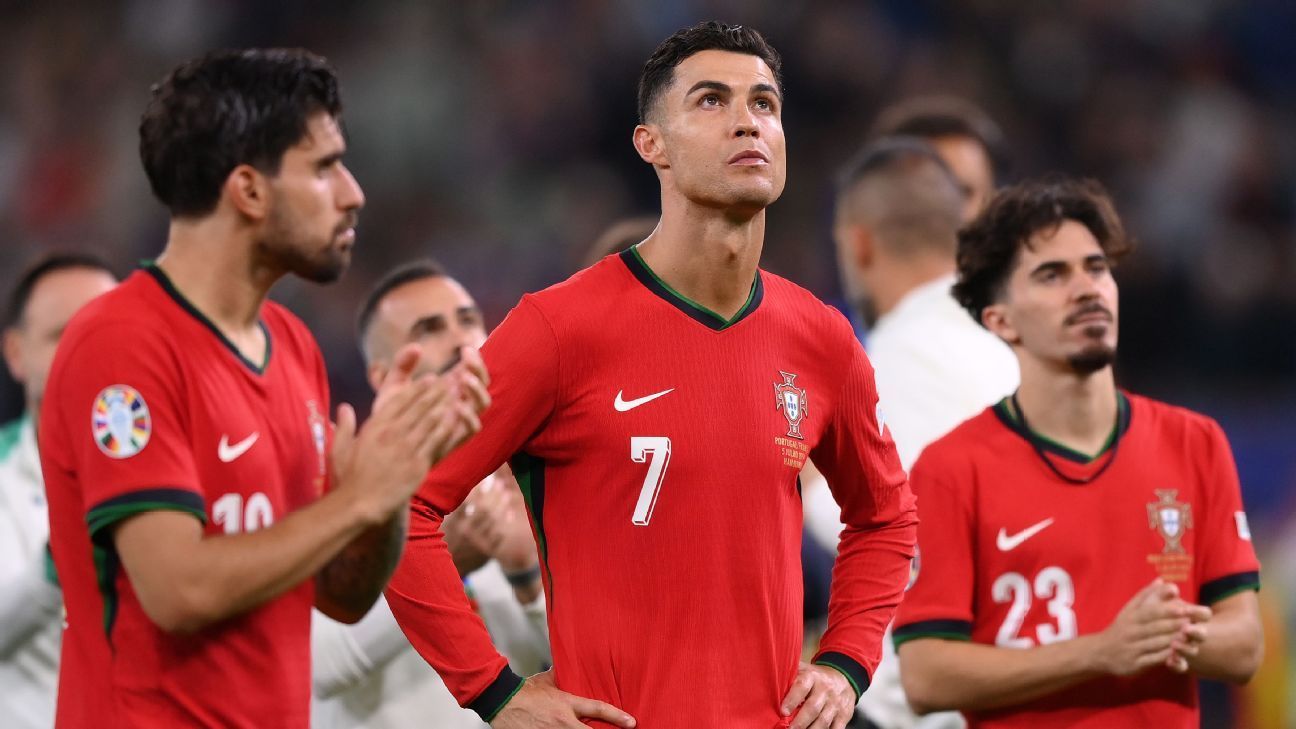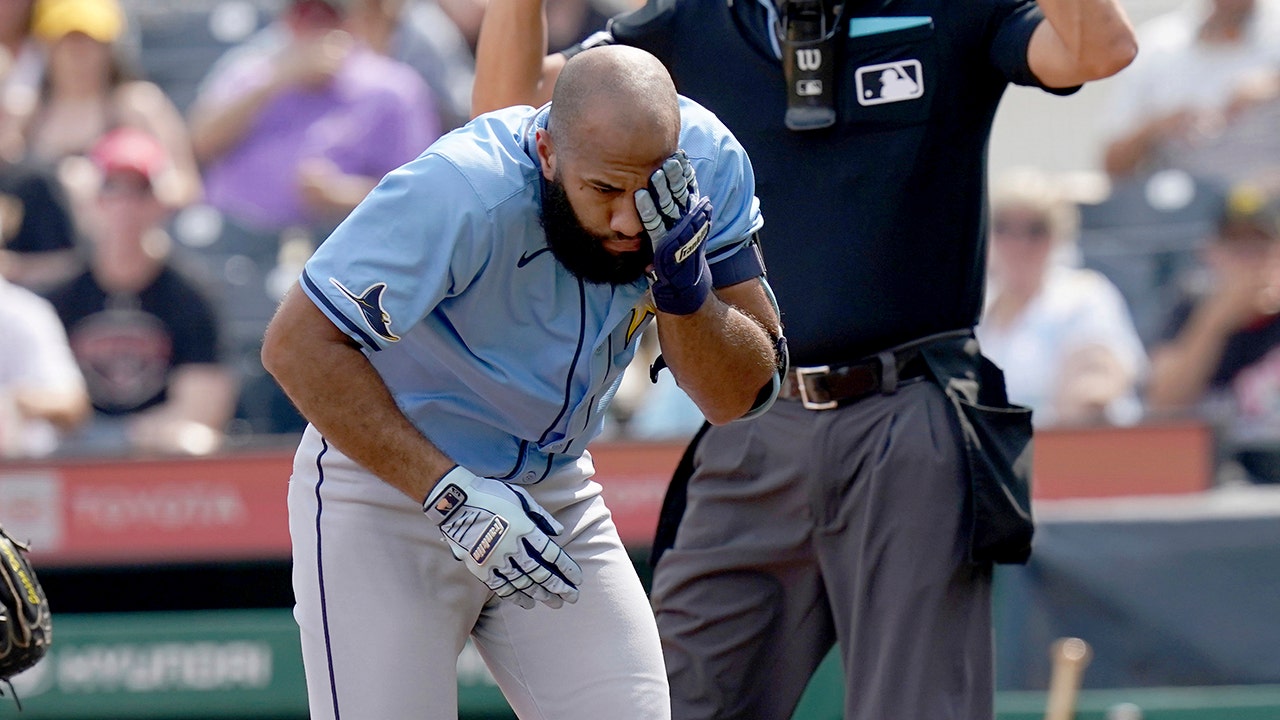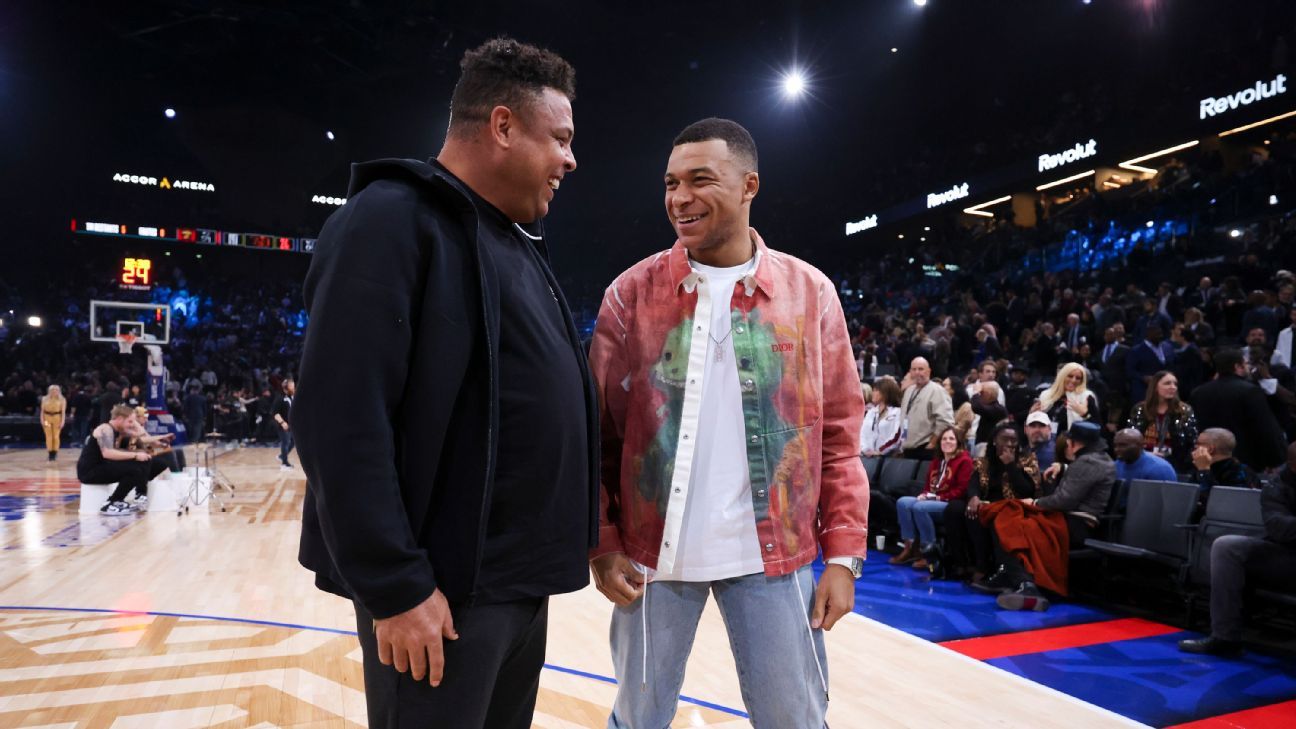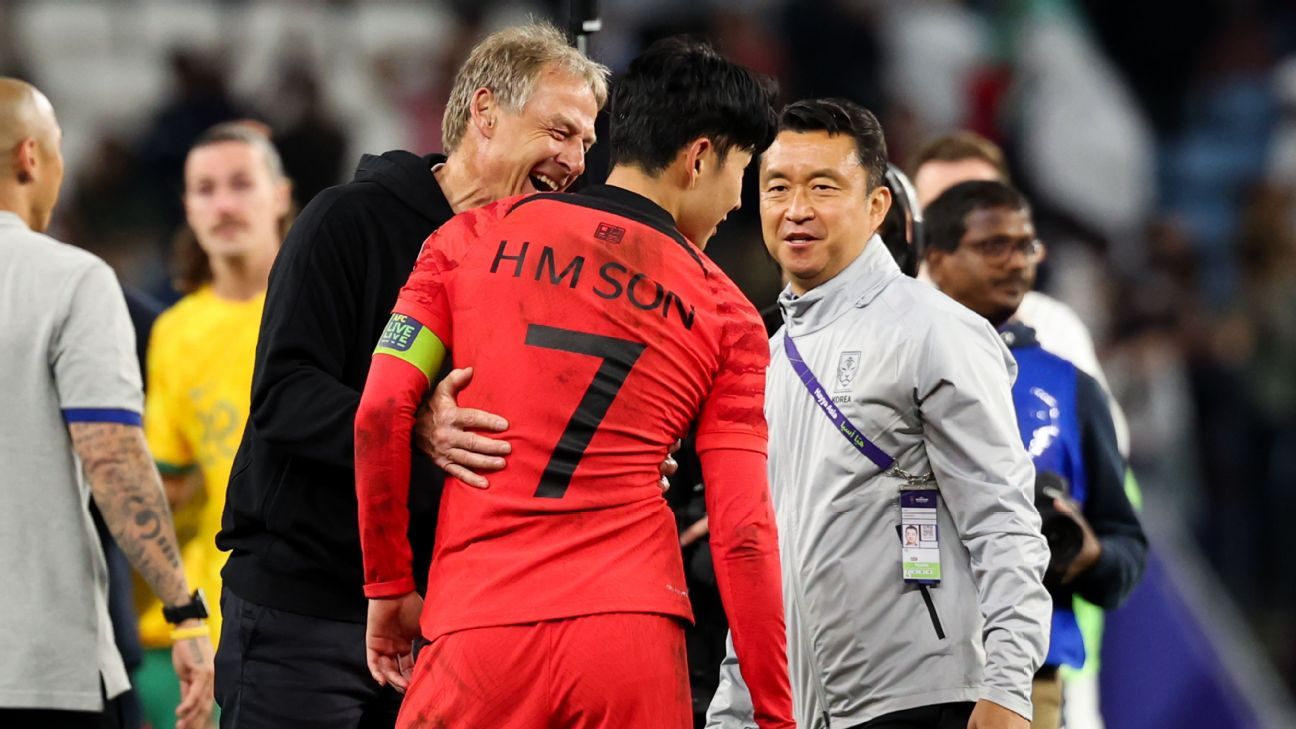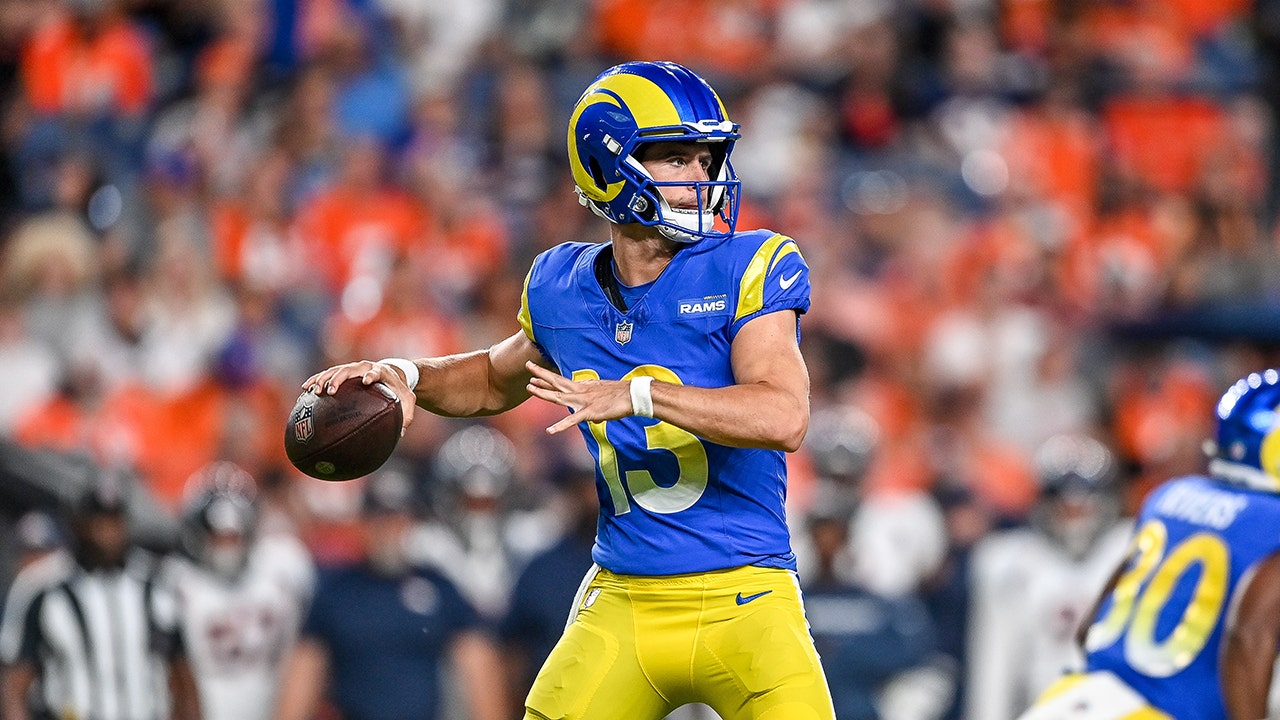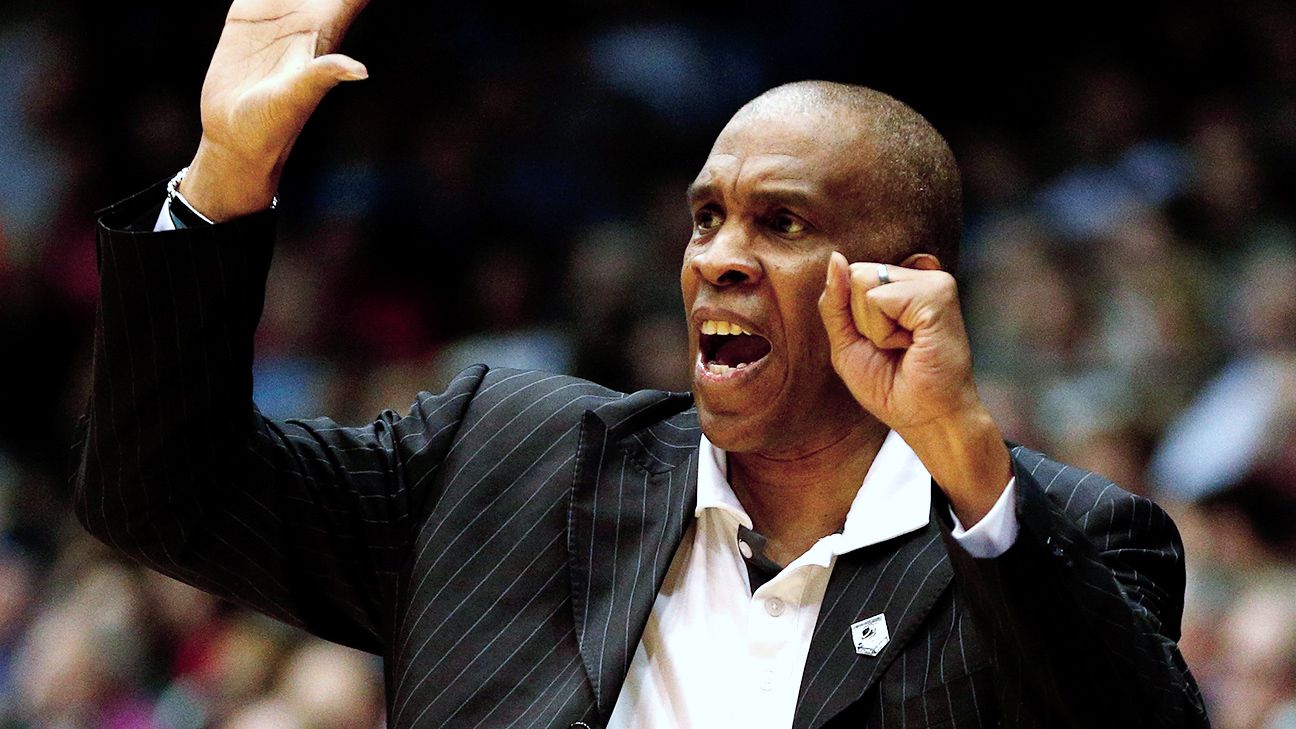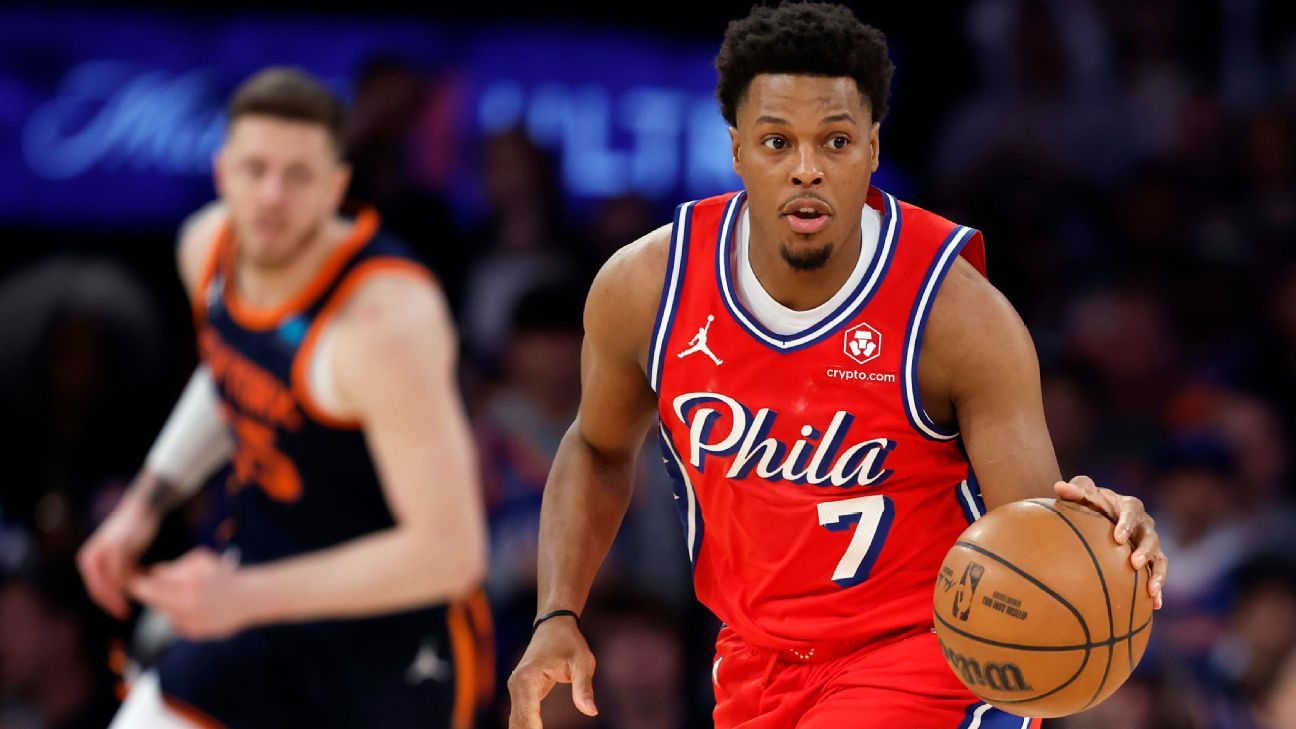HAMBURG, Germany — Cristiano Ronaldo stood among his teammates, hands on hips, lips pursed and eyes focused on the Portuguese crowd behind the goal.
Rúben Dias and Nuno Mendes, the warriors who had blunted French star Kylian Mbappé, led the applause. Ronaldo joined them and then turned to embrace Pepe, his partner in so many battles, the older brother who faces his end at 41. Pepe was sobbing and Ronaldo was whispering in his ear.
At that moment, Ronaldo looked like any of his other Portugal teammates, united in disappointment. He didn't look like Cristiano Ronaldo, a candidate for best player of all time. And perhaps, if Portugal coach Roberto Martinez had realised this sooner, we would be telling a different story.
It seemed as if Martinez, in playing Ronaldo every minute of every game in this tournament (except the final 25 minutes against Georgia), was more concerned with giving him chance after chance to write another glorious chapter in his stellar career than with giving Portugal the best chance of winning.
The numbers are cold and merciless. Ronaldo took 23 shots at this tournament, the second-most by a player who failed to score at the Euros since the group stage format was introduced in 1980. His 3.51 expected goals without finding the target are the most at a major men's tournament since 1980.
Maybe Martinez saw this, remembered that Ronaldo had scored in every major tournament he had played in (five World Cups and five European Championships) and said to himself: “Hey, it's obviously his turn.” If that's what happened, he's like the guy who bets that the Washington Generals will beat the Harlem Globetrotters because “it's their turn.”
Yes, Ronaldo was coming off a prolific season in the Saudi Pro League and yes, regression to the mean is something that happens and it's entirely possible that, given time, he would have caught up with his xG. But that's the key: time. It's a knockout tournament, there are slip-ups and there's no tomorrow. And even the greatest players of all time have dry spells.
And it's not just the numbers, it's what Martinez's eyes and brain were telling him (or should have told him).
Yes, he had built a framework around Ronaldo that maximised his strengths and masked his weaknesses as best it could. Rafael Leão, on the left, stayed high when Portugal defended, so that there was always a speedy player for the “out ball” if needed. Bruno Fernandes had licence to follow into the box, almost like a second striker. Bernardo Silva and João Cancelo delivered crosses from the right. Even the corners, with Pepe and Ronaldo tying down the opposing centre-backs, seemed designed for him.
It worked in qualifying; and against France it worked for much of the game (although this might have had a lot to do with Didier Deschamps’ conservatism), as Portugal created the better chances. But at some point, Martinez surely realised how much Ronaldo’s lack of mobility out of possession was creating tension in his midfield and how many opportunities he was not taking.
Ronaldo could have noticed it too. At the start of the first half of extra time, Francisco Conceição got past an opponent and passed the ball to the near post. A young Ronaldo would have calmly received the ball and sent it into the top corner. The old Ronaldo sent it over the crossbar.
Moments later, Ronaldo suddenly launched into a flurry of one-on-one pressing, drawing energy from the ether and racing towards Dayot Upamecano, who pushed him aside and handballed him. In the old days, Ronaldo would have gotten to the ball before Upamecano, sidestepped it and drilled it past Mike Maignan. And in the unlikely event that they had arrived at the same time, it would have been Upamecano who rebounded off it, not the other way around.
But, to quote Slim Charles from “The Wire”: “The thing about the old days is that… they're the old days.”
The curious thing is that this is a boil that had already been attacked. Ronaldo had been ruled out of the knockout stages by Martinez’s predecessor, Fernando Santos, at the World Cup in Qatar just 18 months ago. If Santos, who had coached Portugal for eight years, including Ronaldo’s prime, who had been at his side when they won their first (and only) major tournament at Euro 2016 (with Ronaldo, who had retired injured in the final, standing beside him as an assistant coach) could do it, why couldn’t Martinez?
Especially given Martinez's background. He's not Portuguese and he didn't grow up with the psychodrama of Ronaldo as a saviour. He's an intelligent coach who has worked his way up as a player and as a manager. He was the outsider who came in to offer a fresh perspective.
Instead, he came across as a guy who had drunk too much of the Kool-Aid. On a night when Portugal were the better team (and credit to Martinez, too, because they were outplaying Deschamps and his usual counter-attacking strategy), it seemed like Martinez was intent on not just outplaying France, but doing so with Ronaldo in a starring role.
Did he not trust Goncalo Ramos or Diogo Jota to replace him on the bench, even for a short period? Did he feel that he wanted Ronaldo to redeem himself for the missed penalty and the missed chance at the last moment against Slovenia? If so, that only makes things worse.
Partly because that game against Slovenia (and the 120 minutes Ronaldo played) should have been a sign of what fatigue can do at 39. And largely because Ronaldo doesn't need anyone to hand him anything (let alone a chance at some kind of redemption). With all he's achieved, he's far above that.
Did he expect Ronaldo to signal the bench and say, “Boss, I'm exhausted, I'm not going to do well today, let's make a change”? That would be madness. Top athletes thrive on self-belief and self-assurance. Ronaldo exudes it from every pore. Expecting him to retire from the game on his own is foolish.
Mbappé, who scored his first European Championship goal against Poland from the penalty spot, asked to be substituted after feeling too tired to continue in extra time.
Portugal did not miss out on the Euros because Ronaldo played 120 minutes. Let's be clear: they lost on penalties because João Félix hit the post and everyone else scored. And because they did not take advantage of the various chances they created, from Leão in the first half, through Fernandes and Vitinha after the break, to Mendes at the end of extra time.
But the way they exit this Euros leaves a bitter taste and the strong impression that Martinez had tunnel vision, believing that putting Ronaldo front and centre would somehow preserve his legacy.
Ronaldo's legacy is secure. It doesn't need to be preserved. Maybe if Martinez had realised this sooner, maybe if he had seen him as one of his players, as he was at the end, applauding the fans and consoling his teammates, Portugal would be in the semi-finals.

